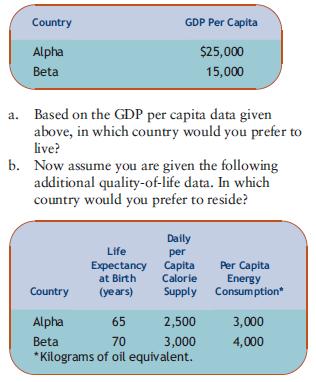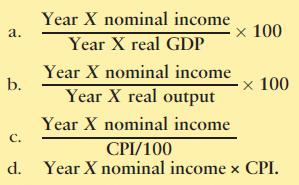Economics For Today 6th Edition Irvin B. Tucker - Solutions
Unlock the full potential of "Economics For Today 6th Edition" by Irvin B. Tucker with our comprehensive online resources. Access the answers key and solutions manual for a deeper understanding of each concept. Our solutions PDF offers solved problems and detailed questions and answers for every chapter. Enhance your learning with the test bank and chapter solutions, all crafted to provide step-by-step answers for every query. Whether you're looking for an instructor manual or a textbook guide, our free download ensures you have all the tools you need for success in economics.
![]()
![]() New Semester Started
Get 50% OFF
Study Help!
--h --m --s
Claim Now
New Semester Started
Get 50% OFF
Study Help!
--h --m --s
Claim Now
![]()
![]()





